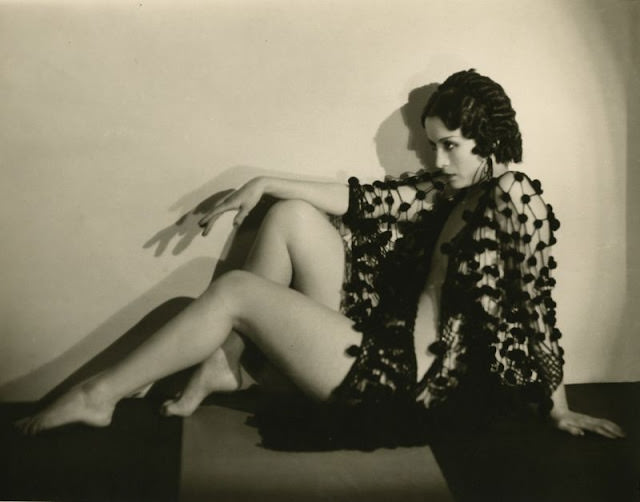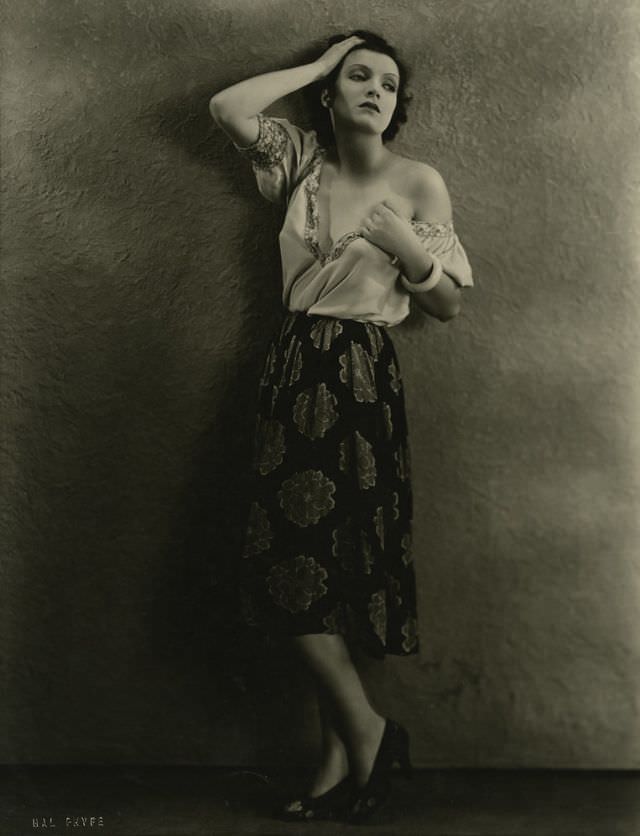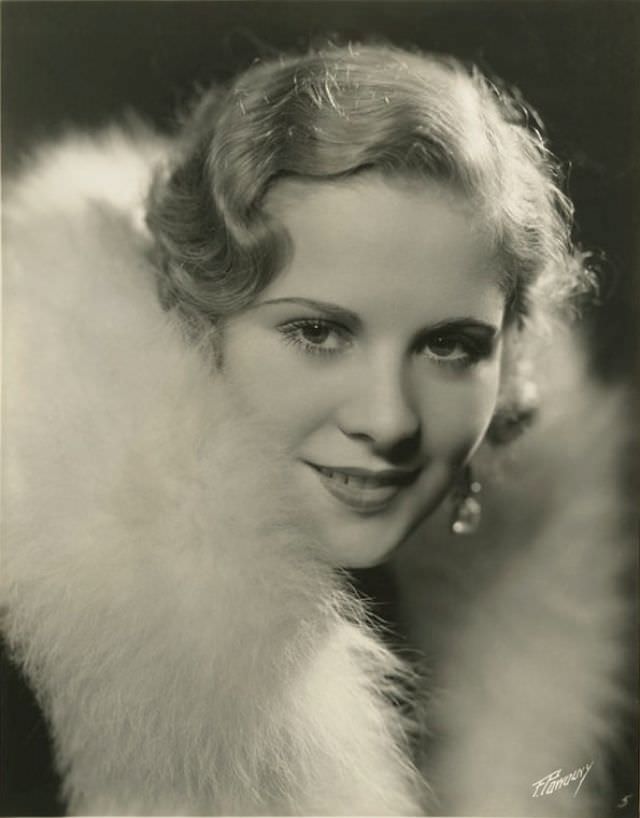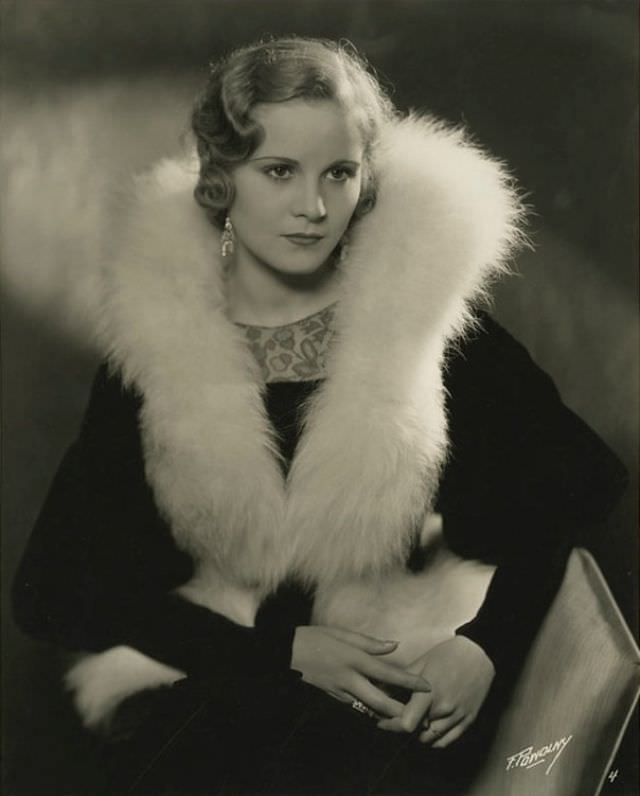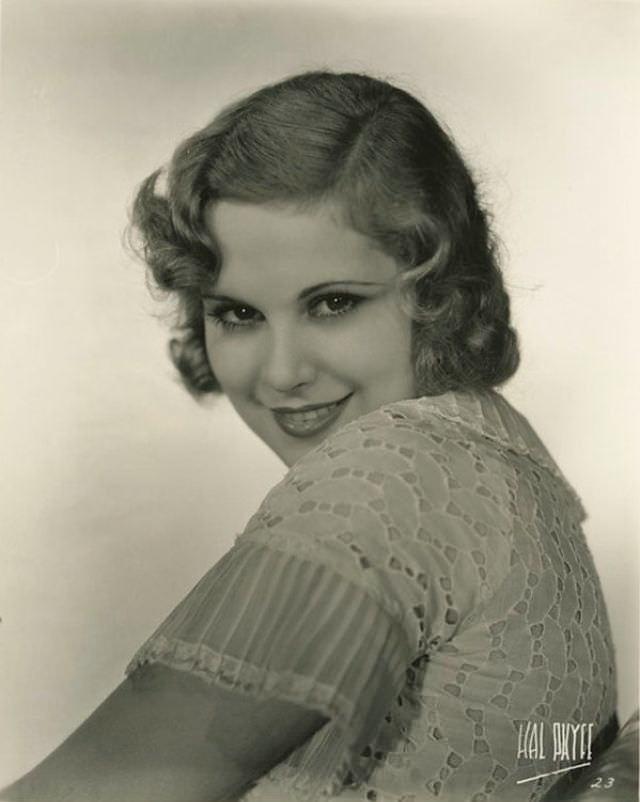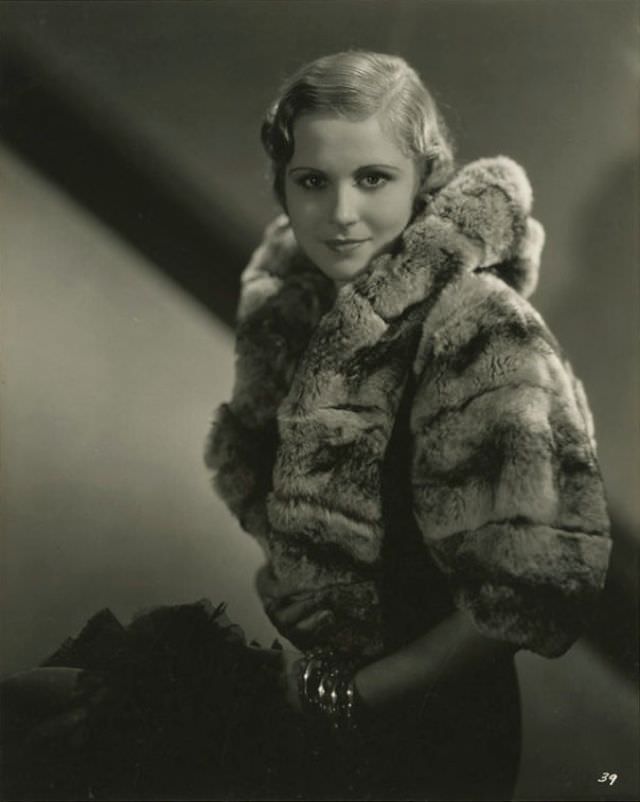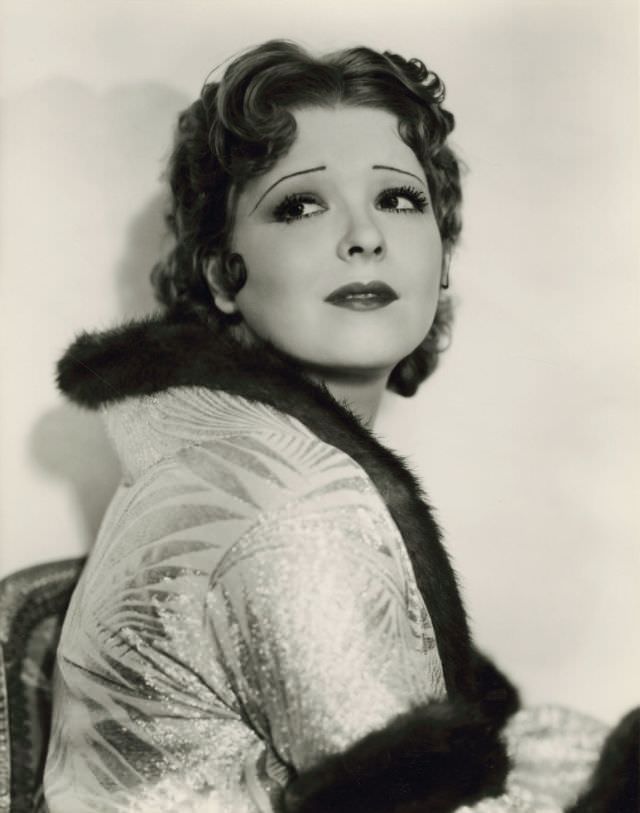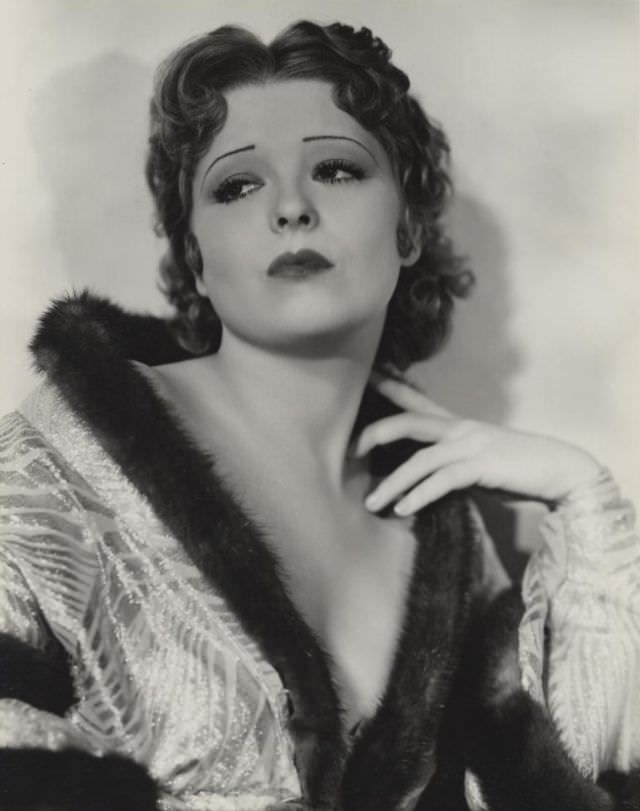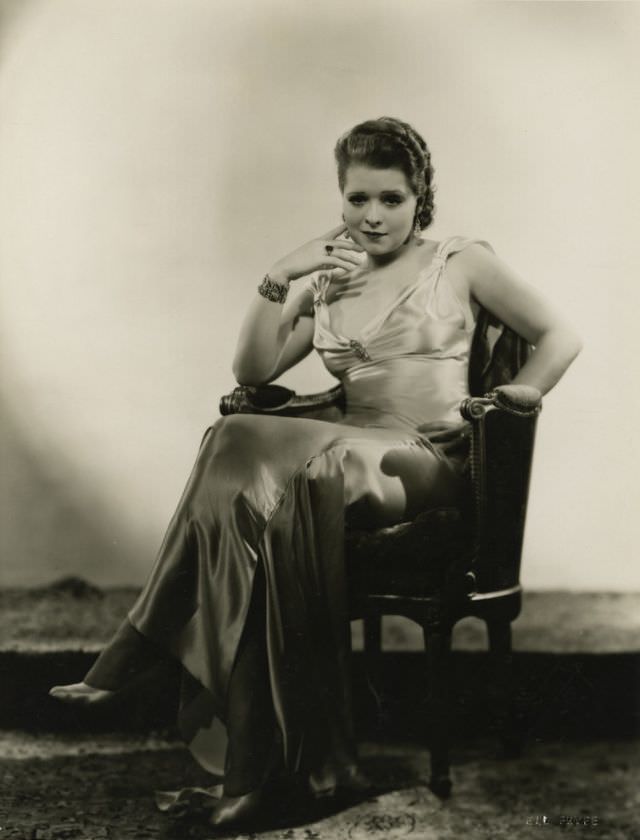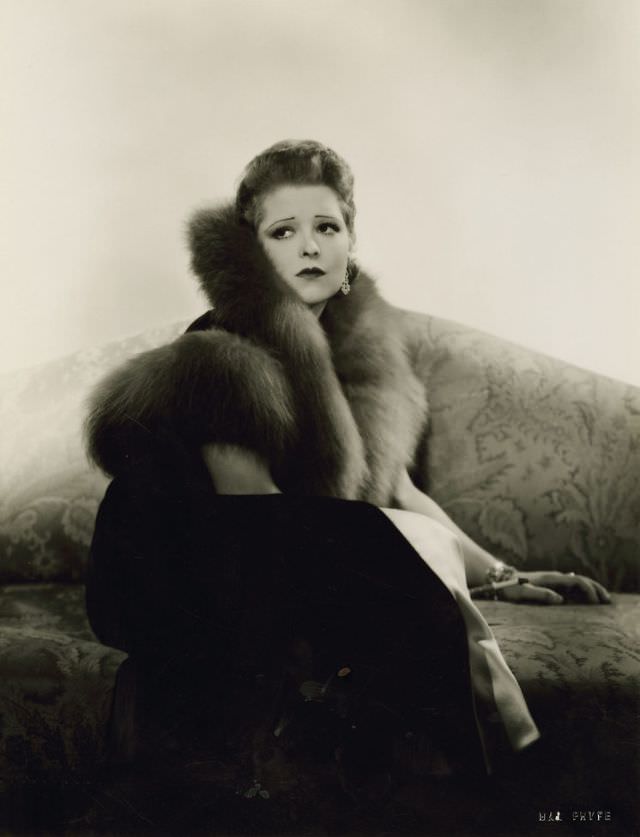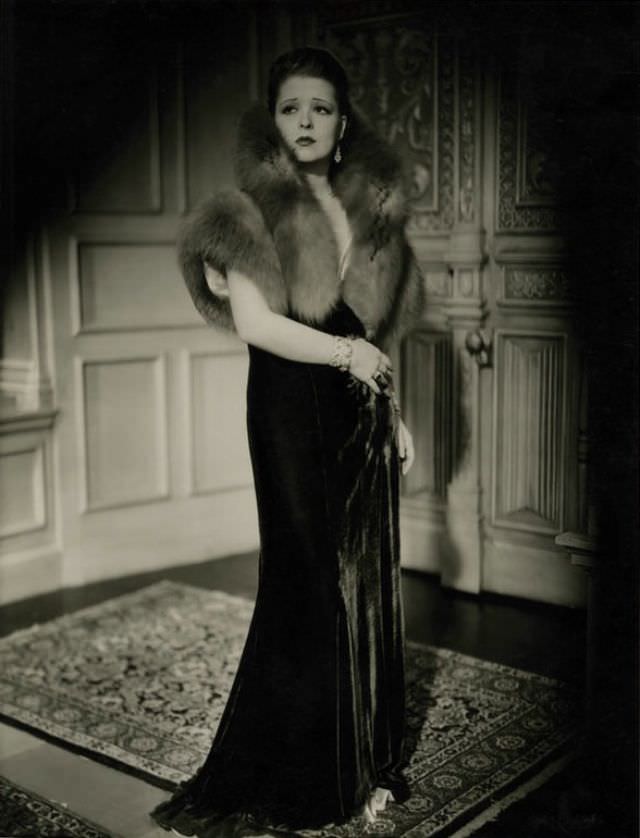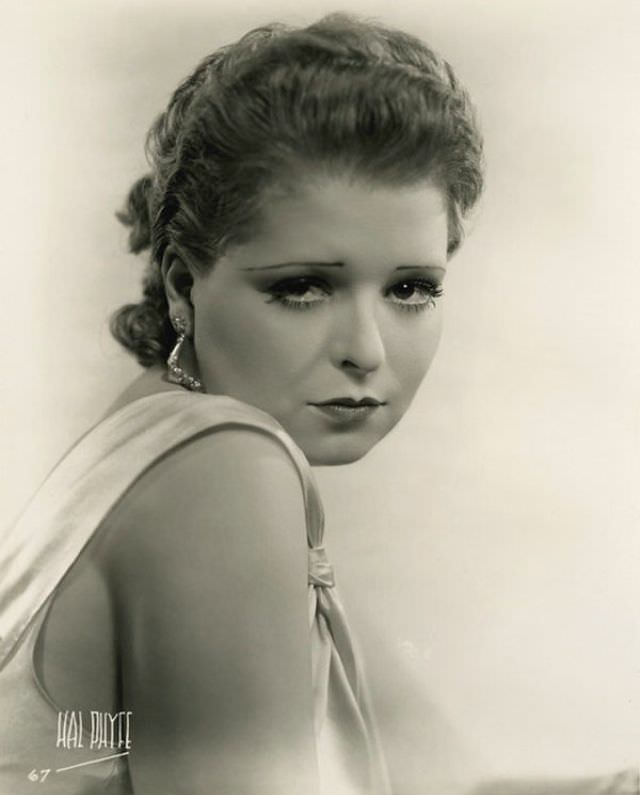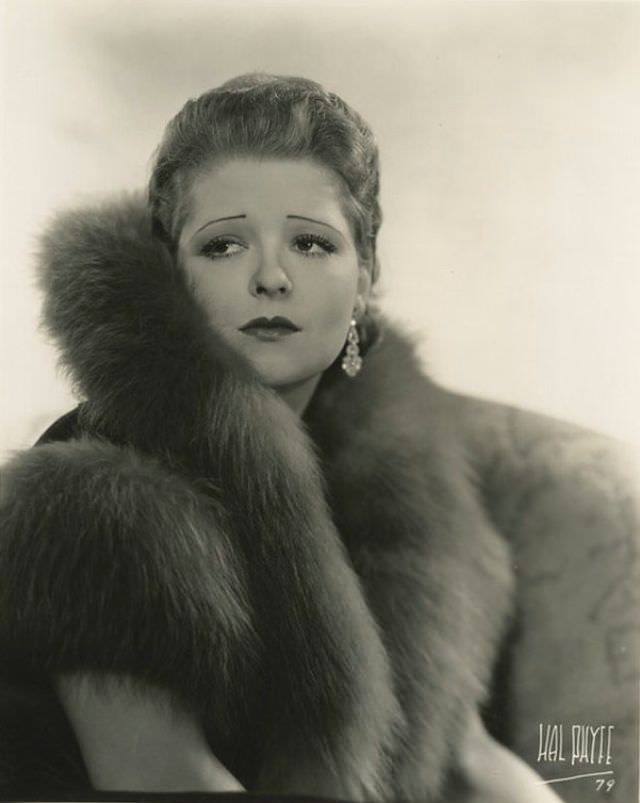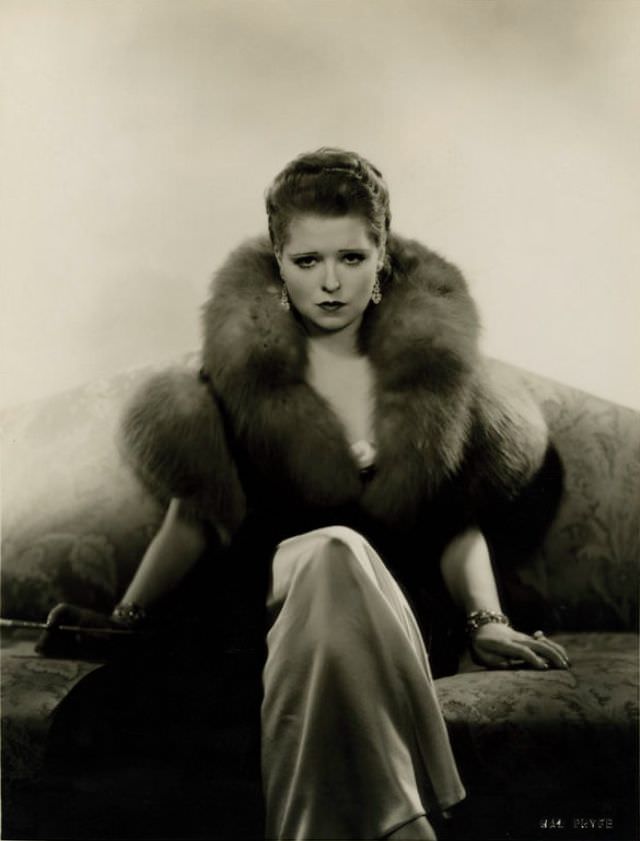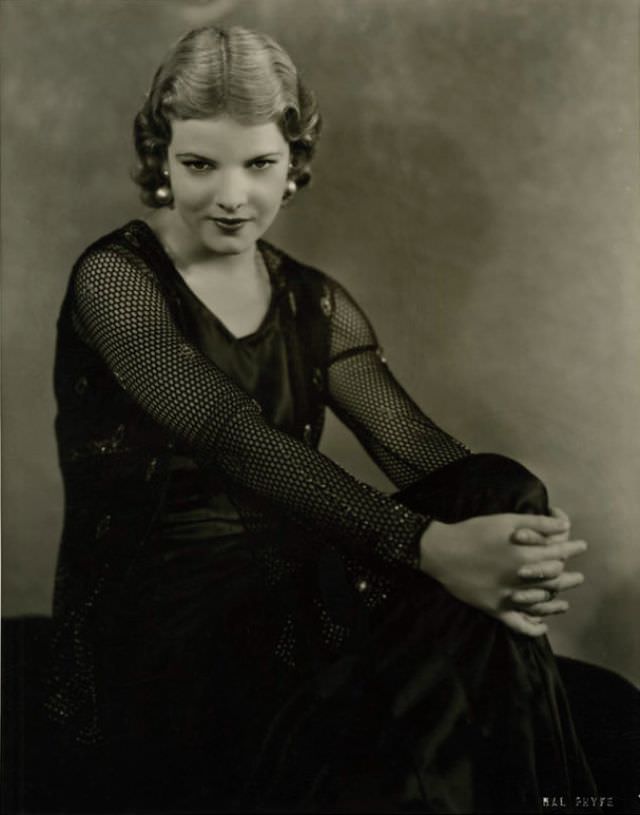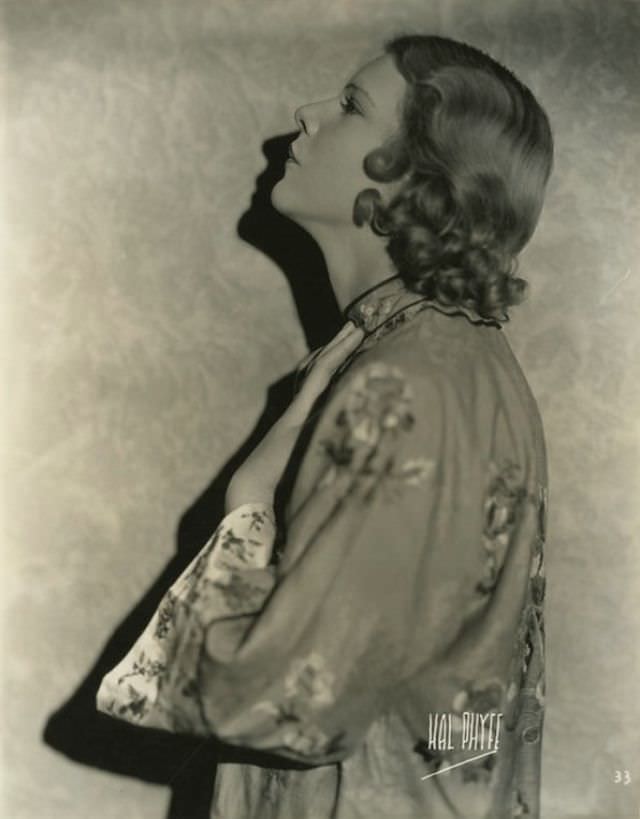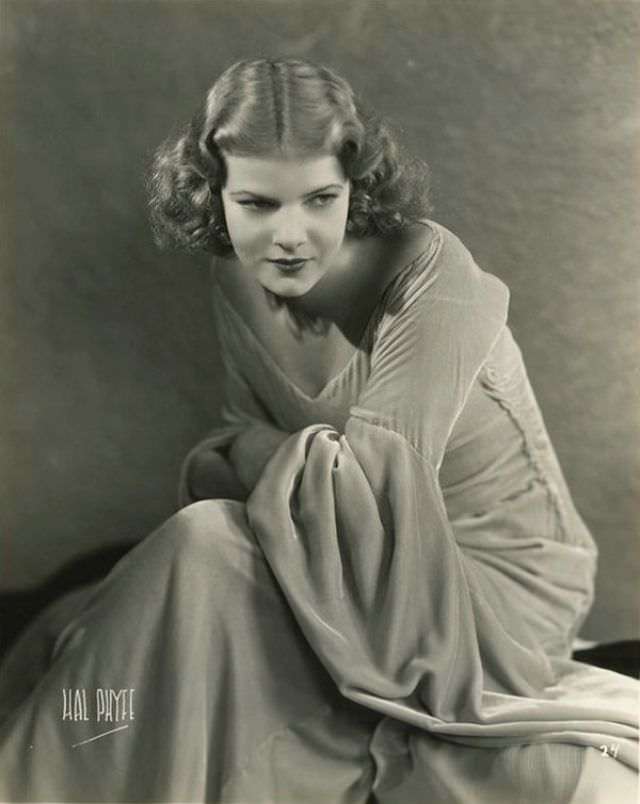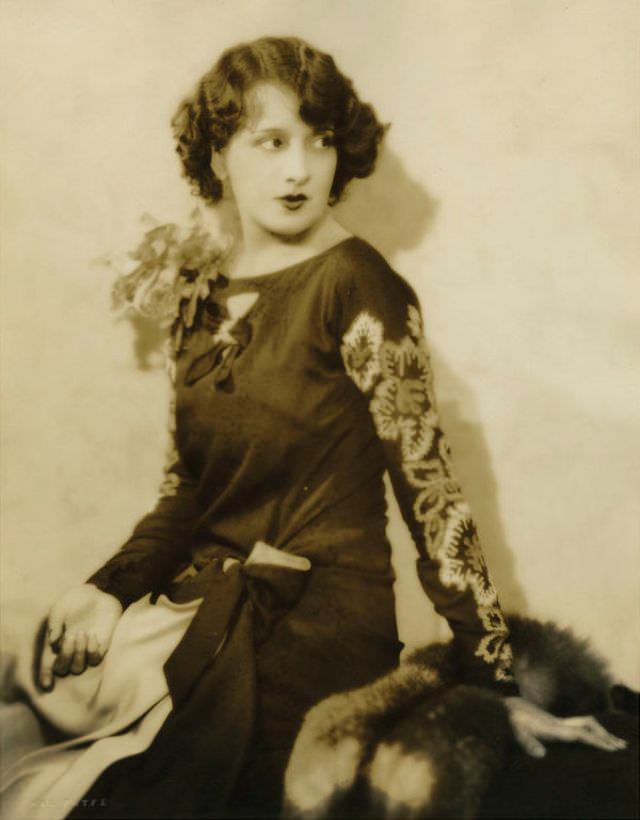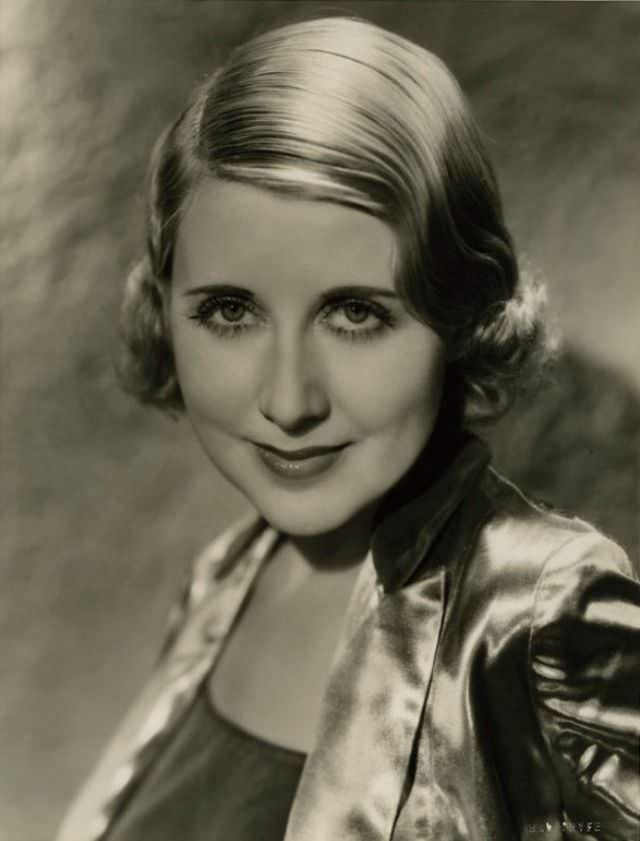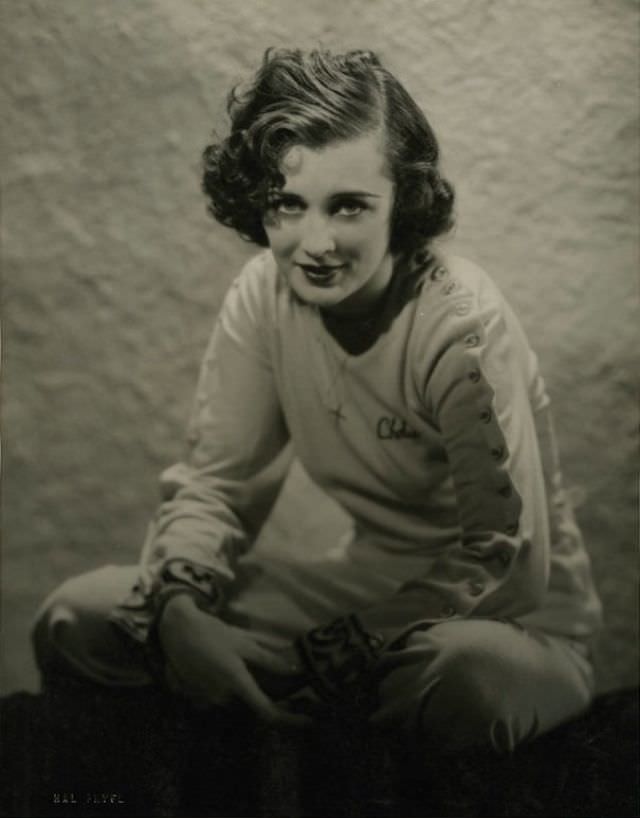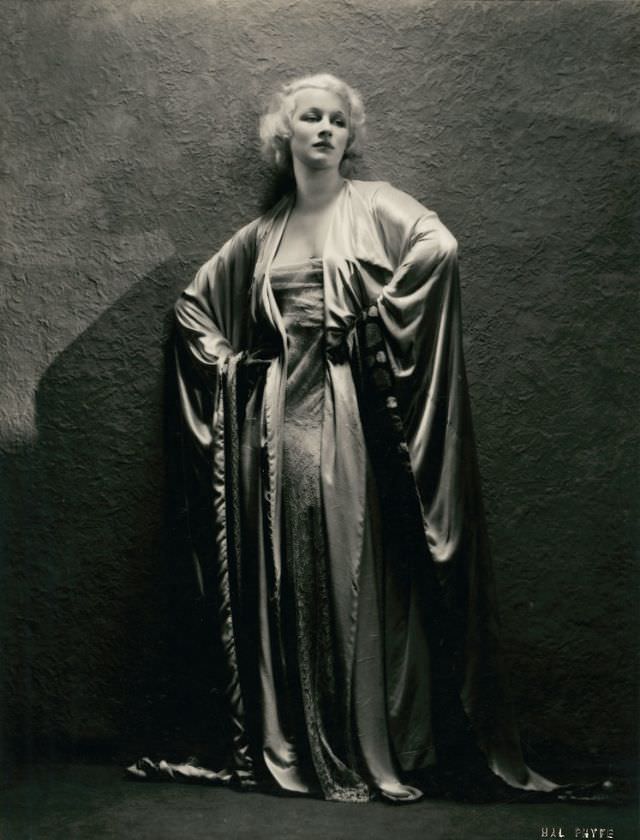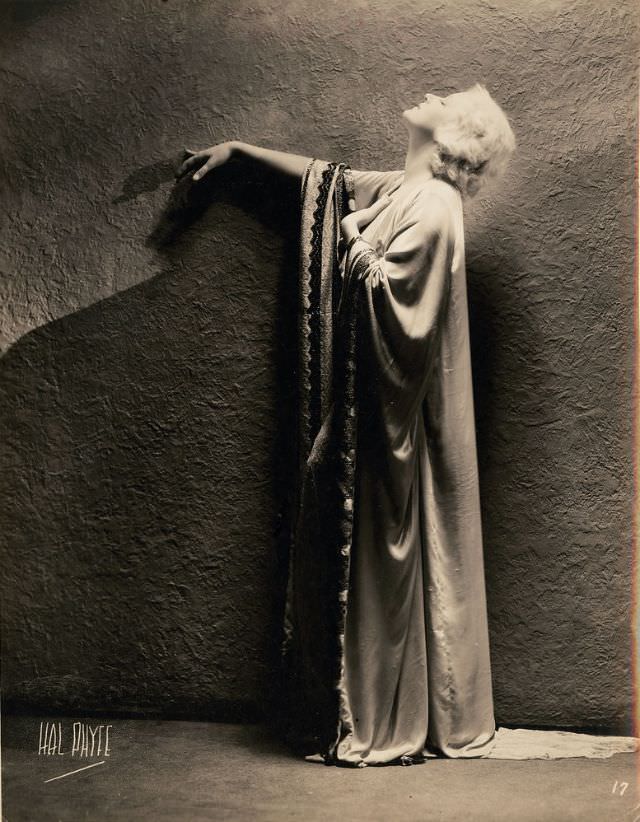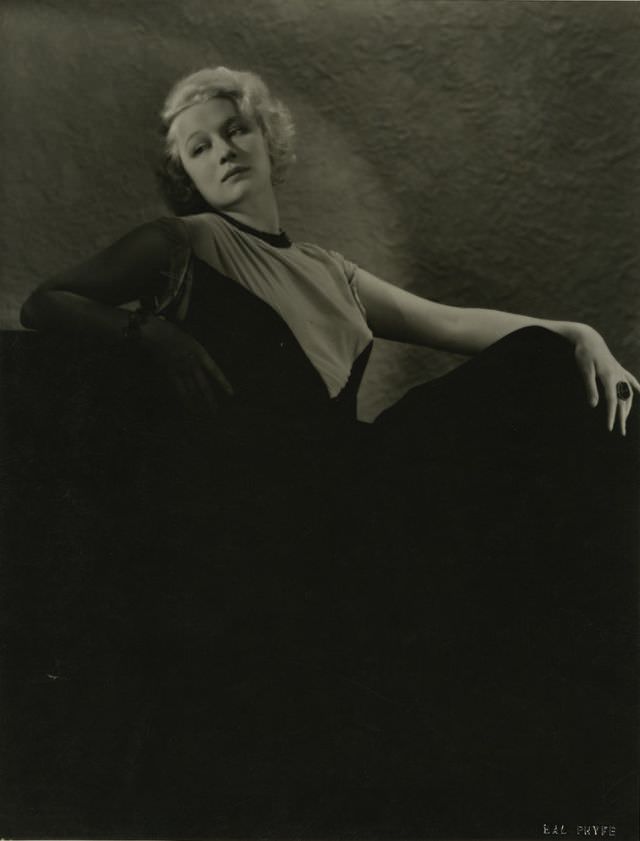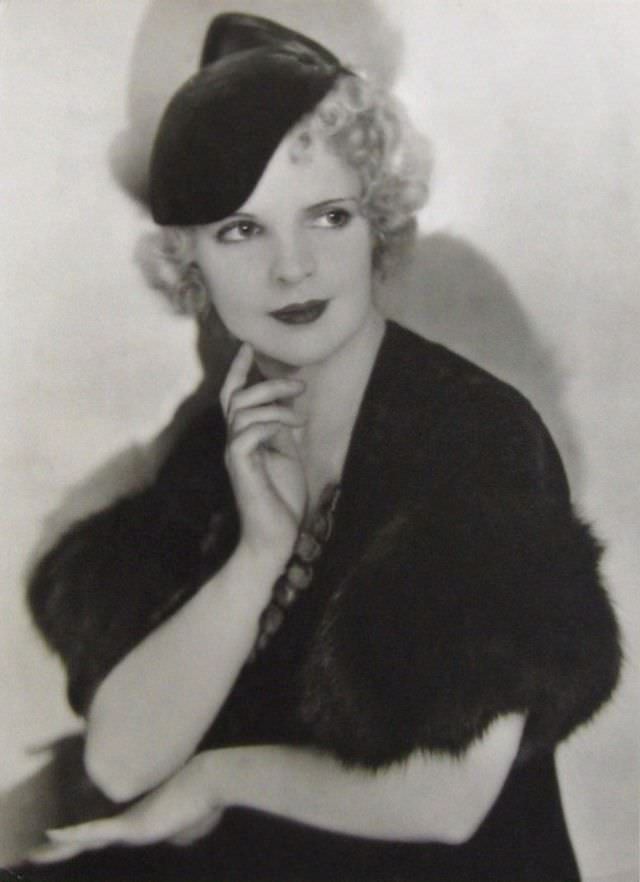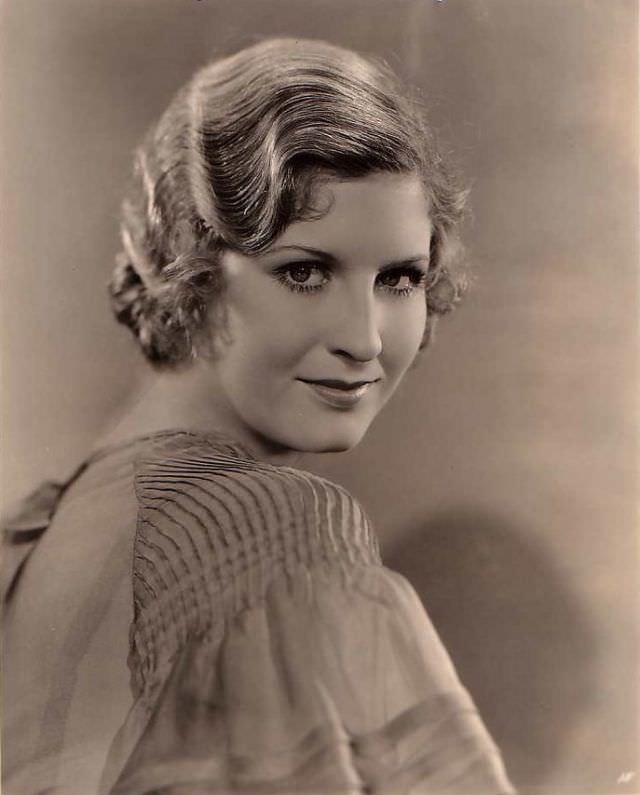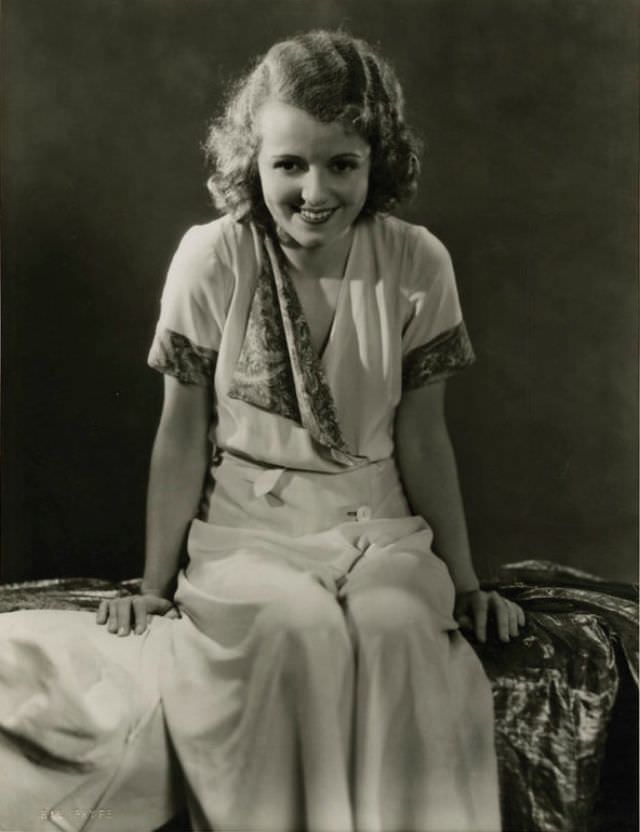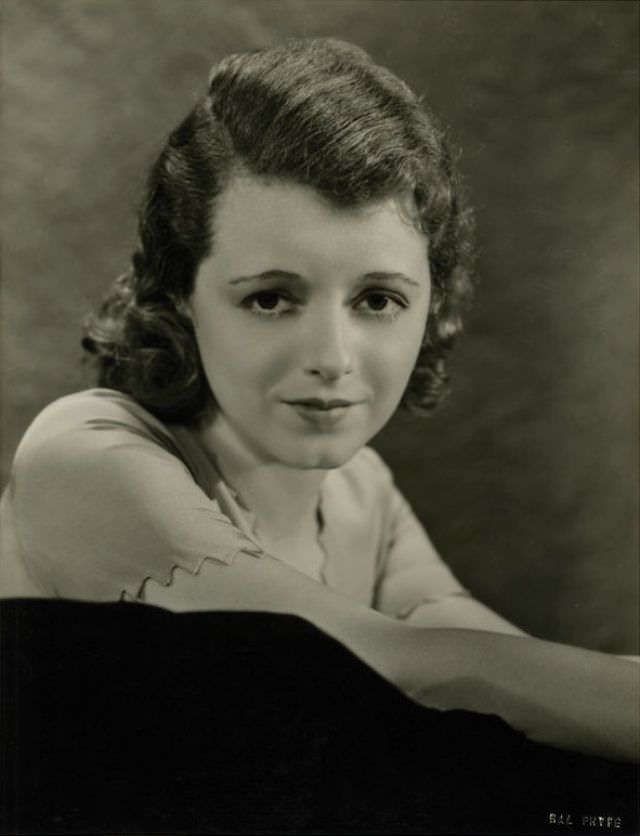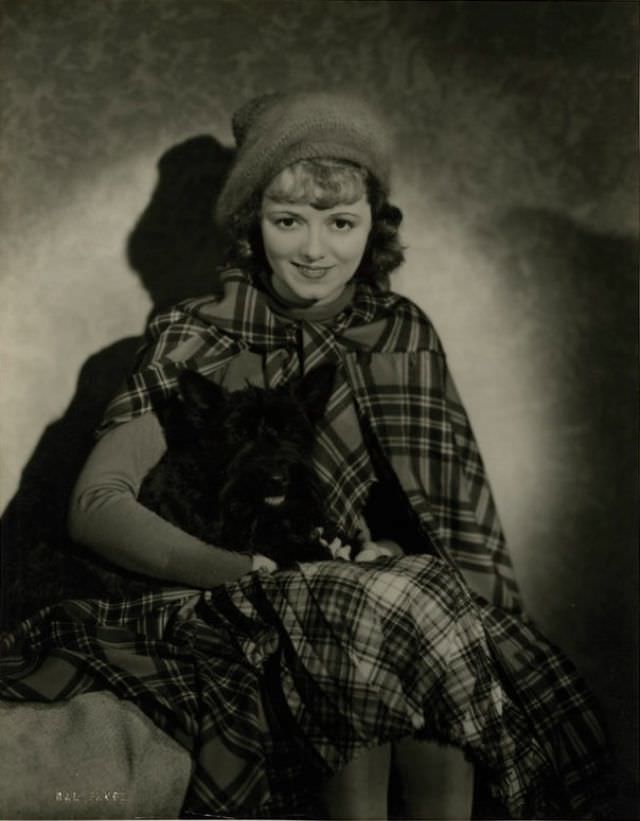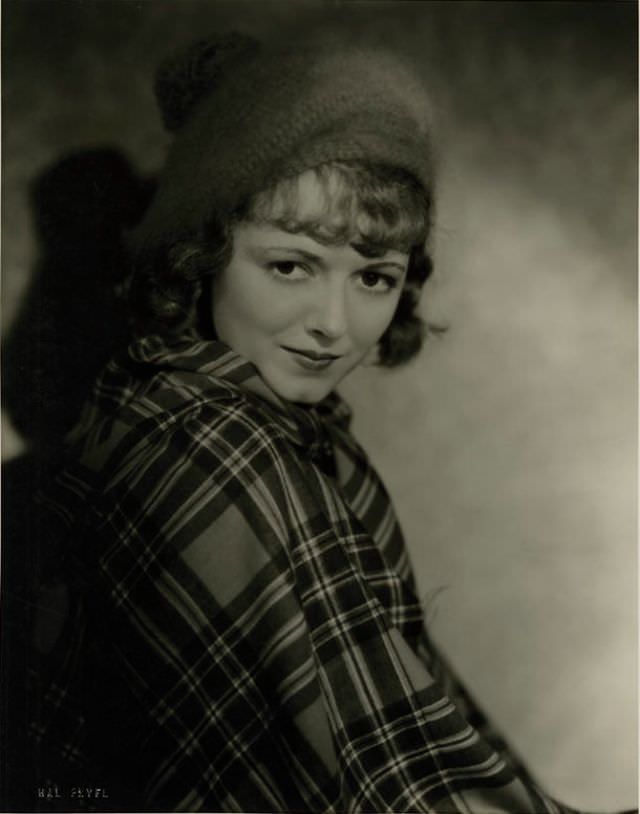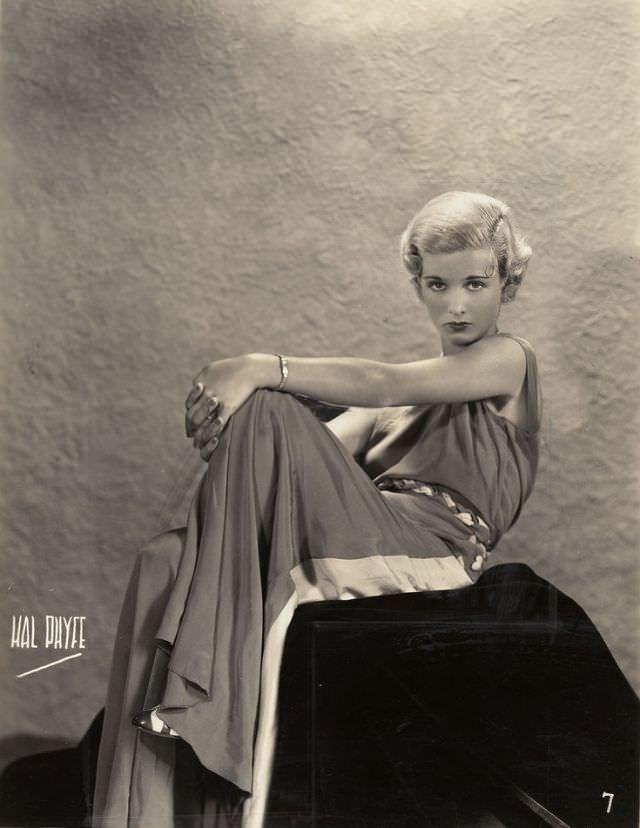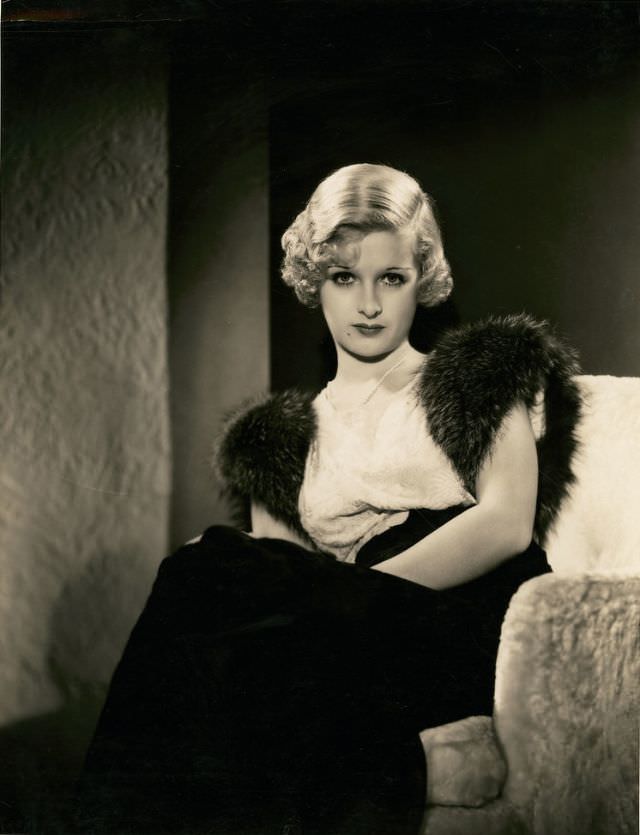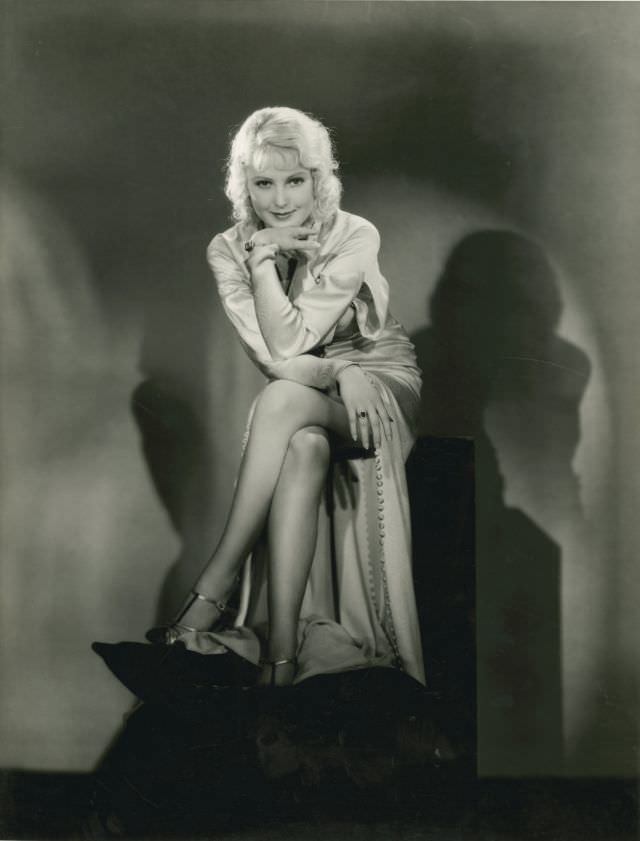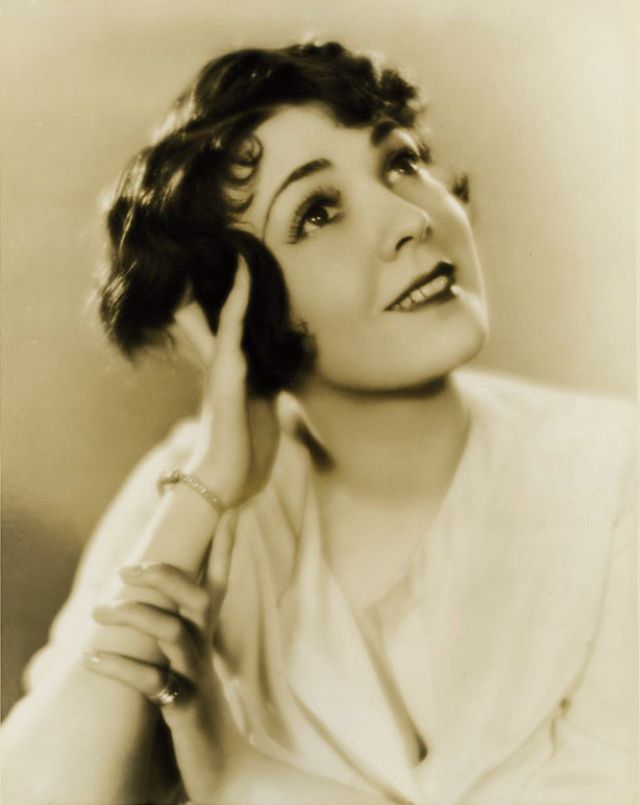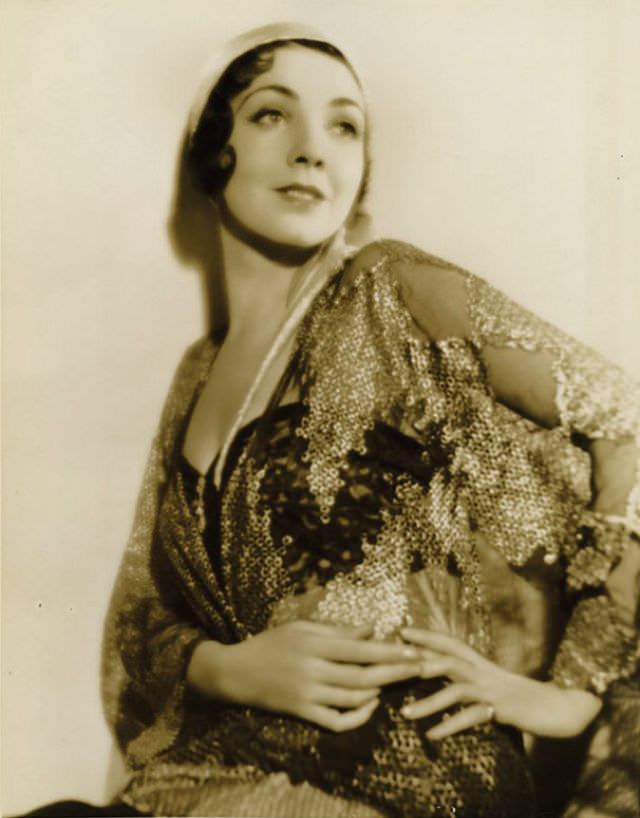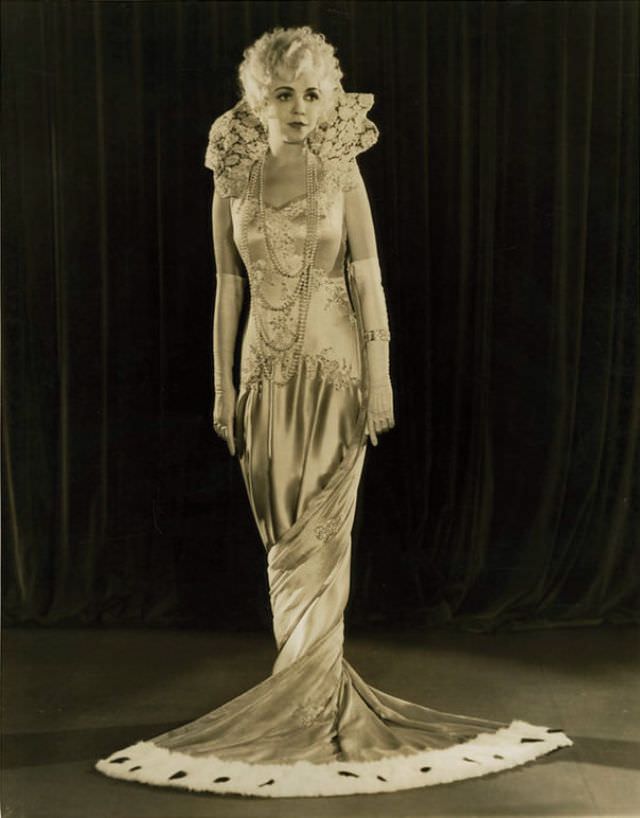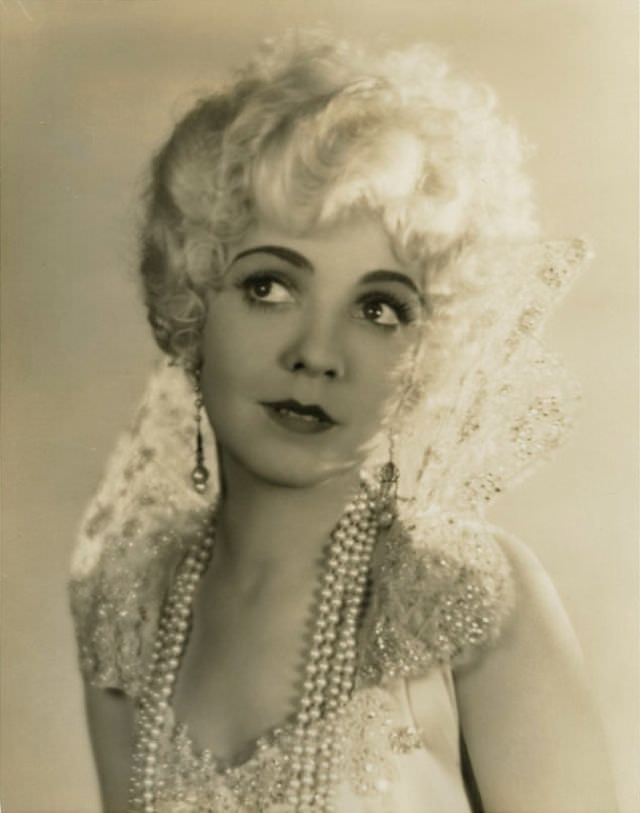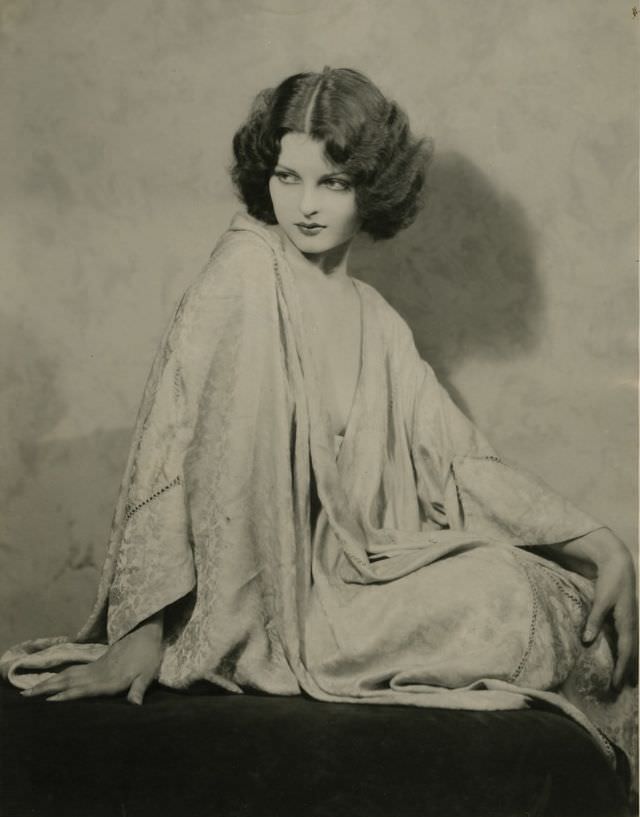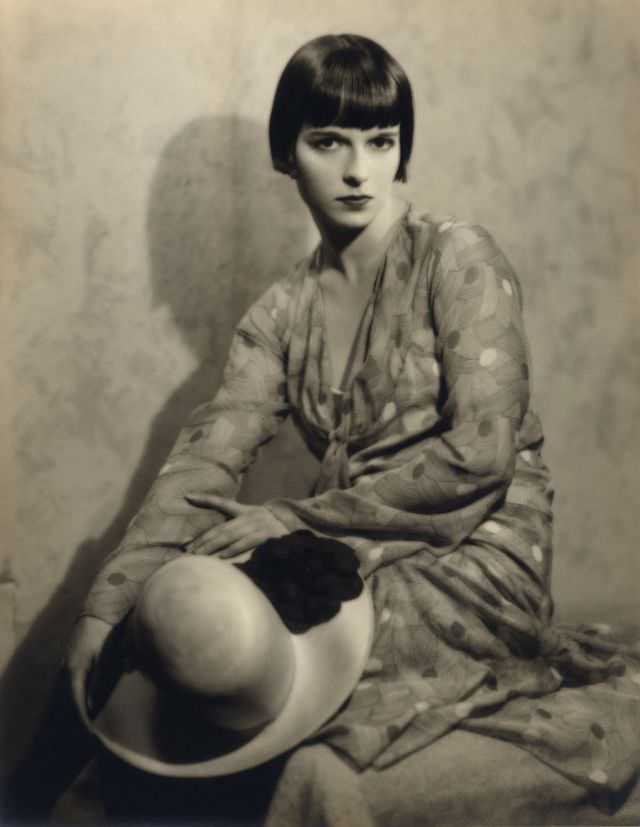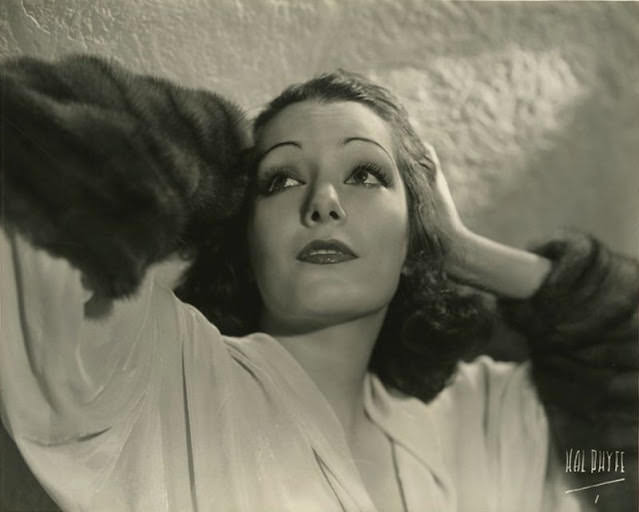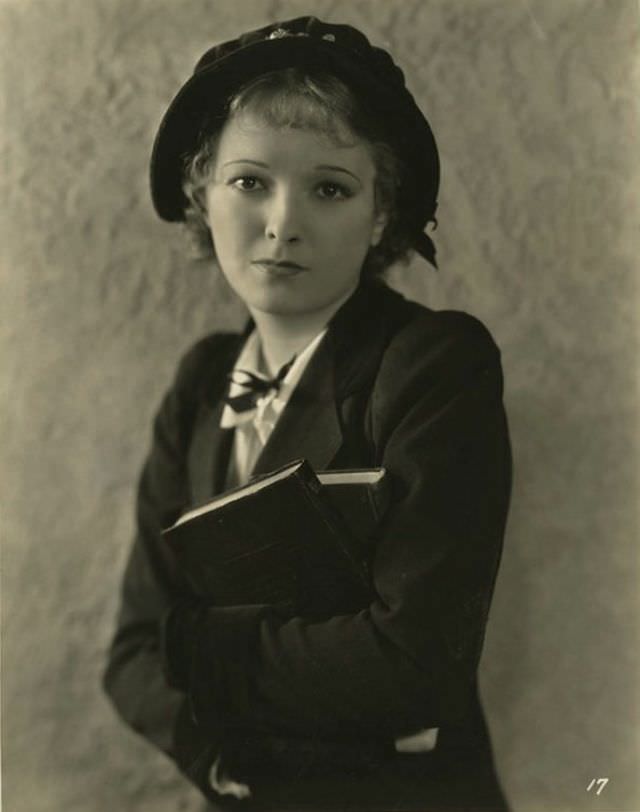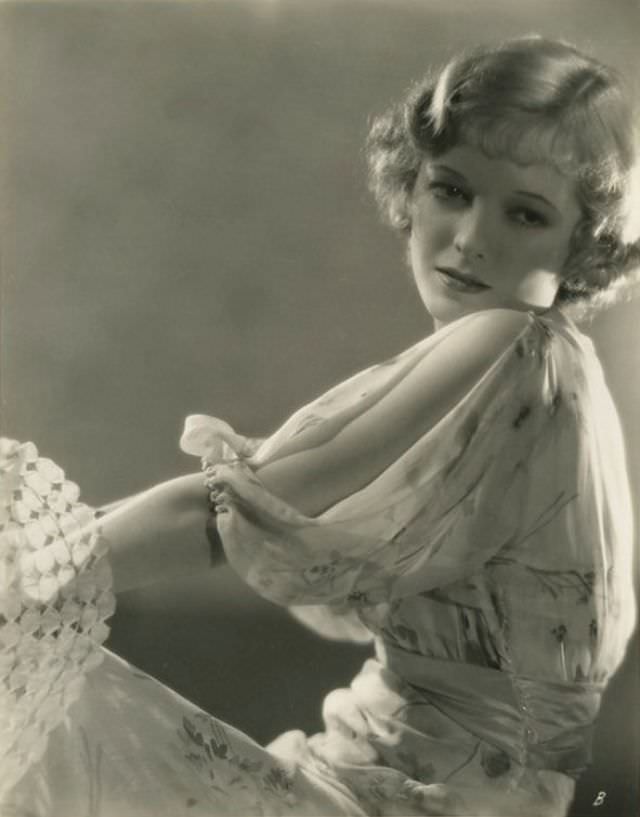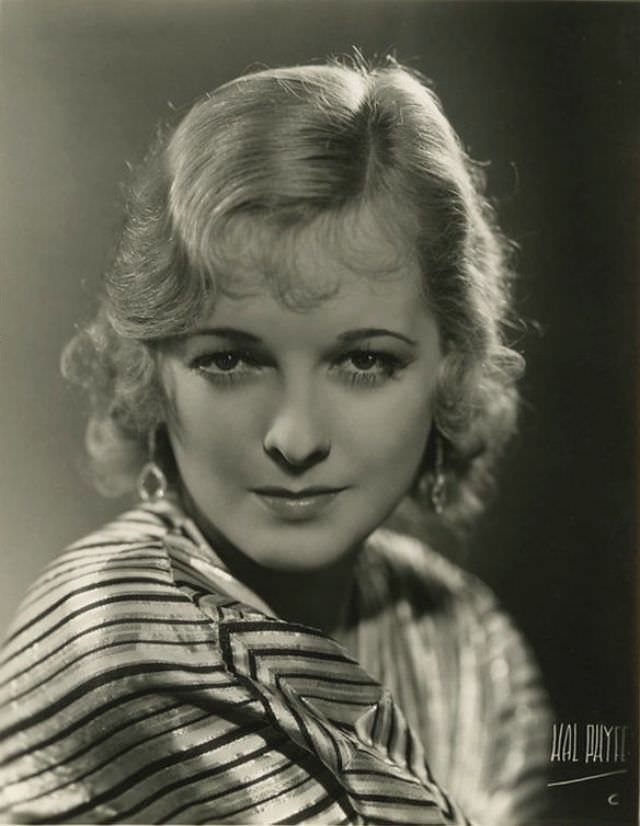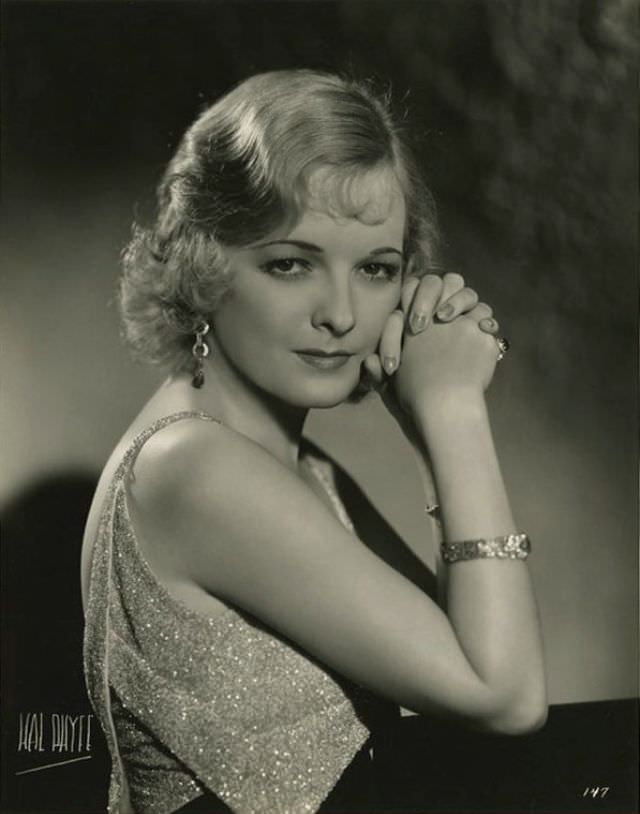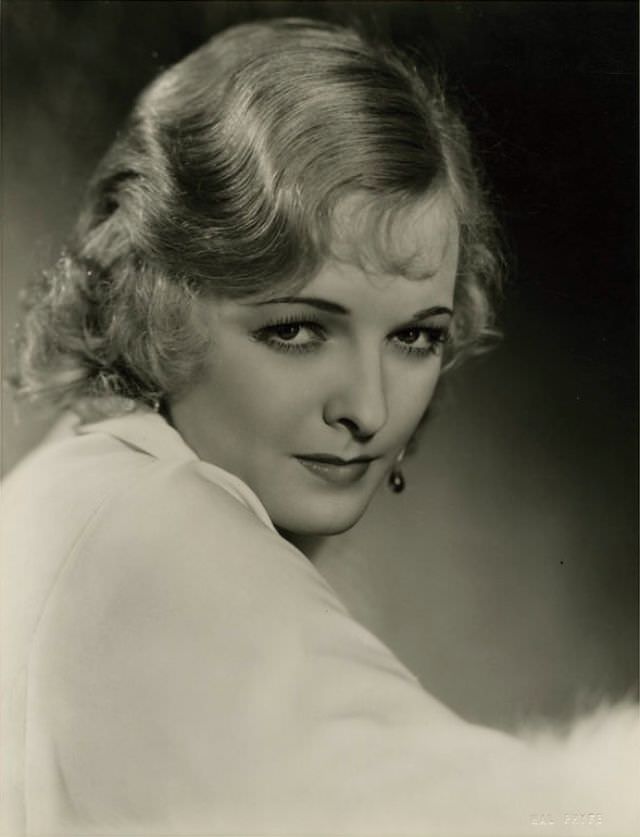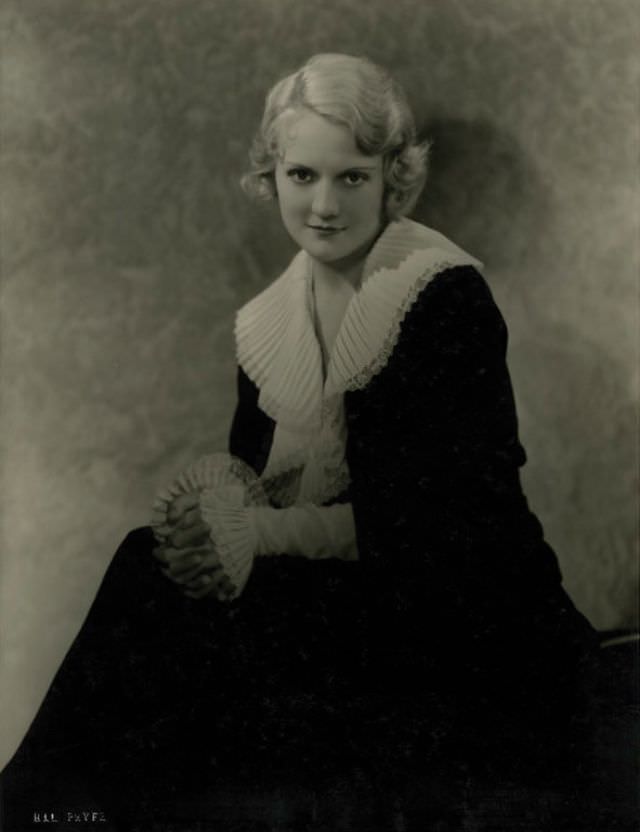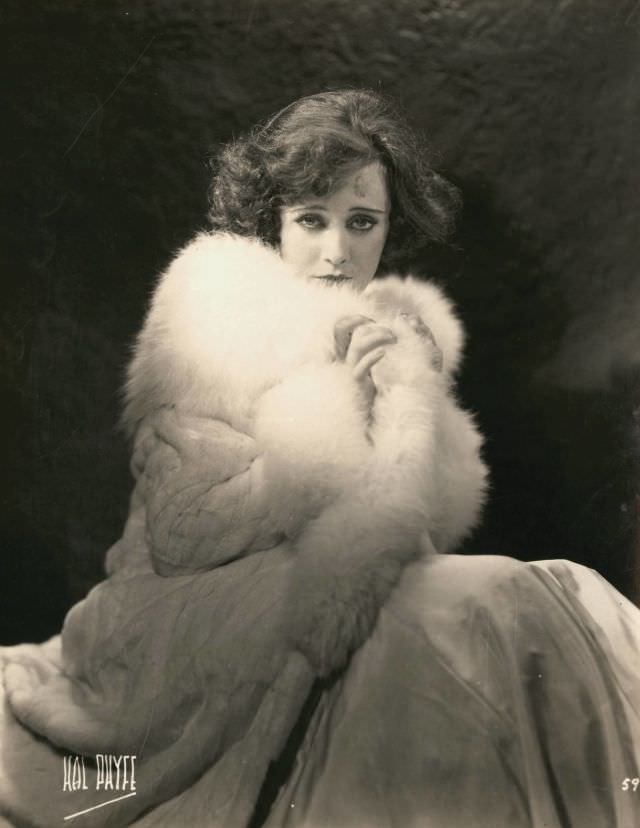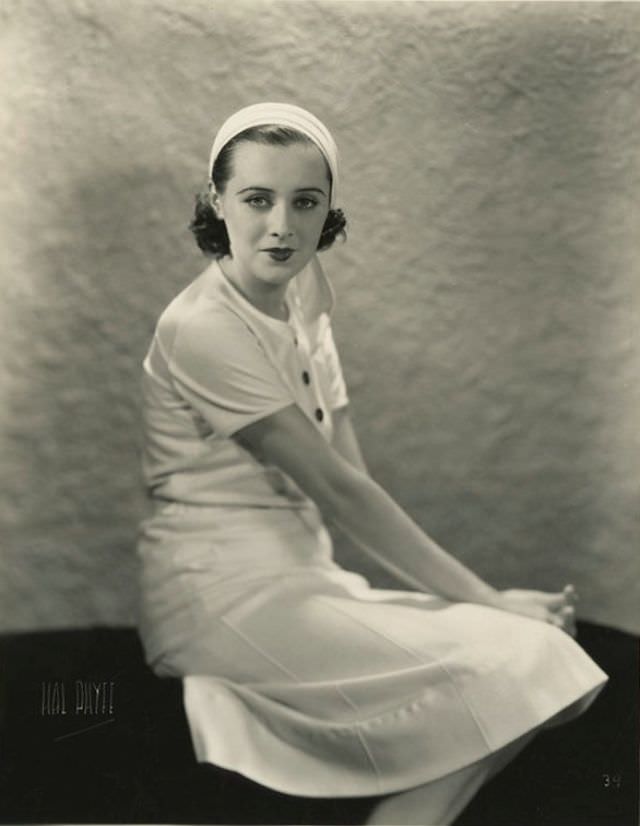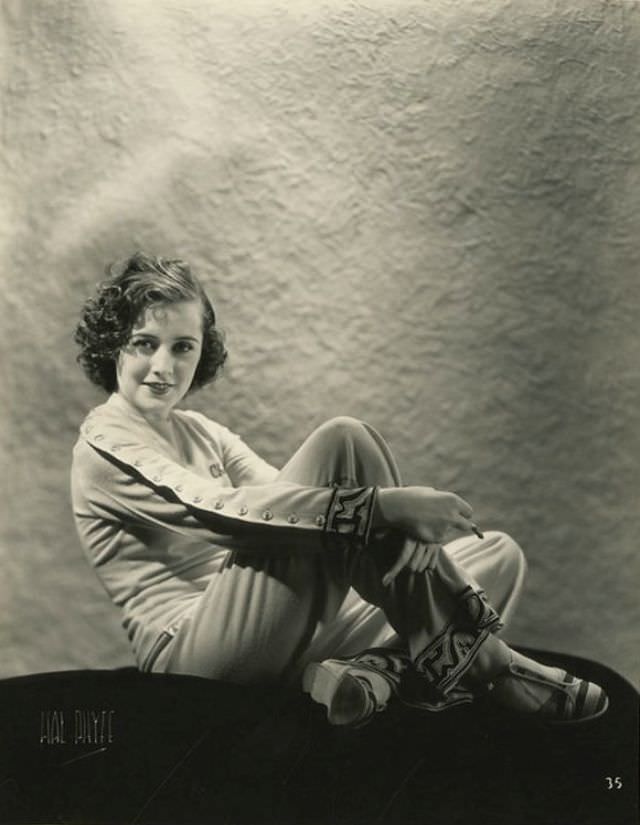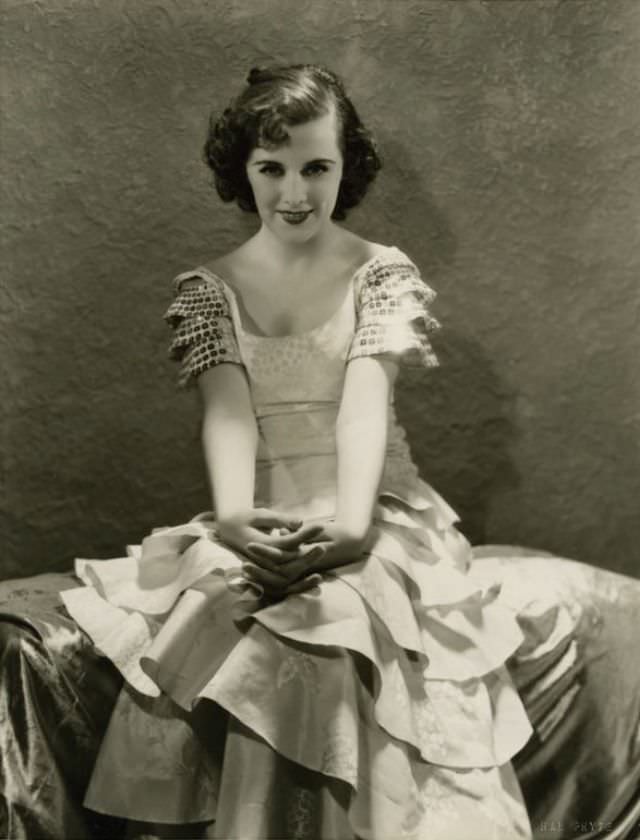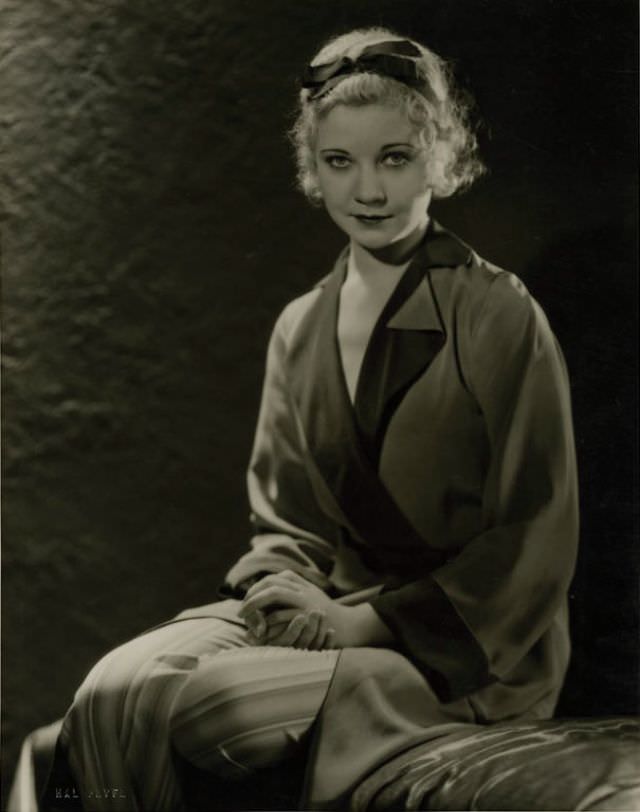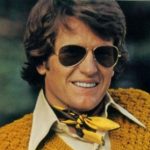Herold Rodney Eaton Phyfe was a talented photographer, illustrator, and designer. He was born in Nice, France, to a New York society family. An enlistee in World War I, Hal Phyfe, trained as a sculptor in France and a painter in Italy, began taking photographs of an aviation unit of the United States Army in Europe. He specialized in aerial photography. After the war, he supported himself as an illustrator by supplying magazines with pastel covers. In 1926, he opened his photography studio.
During the 1920s, he gained a reputation for his theatrical portraits (sketches and photographs) shot on commission for various magazines. During 1930-31, he became Florenz Ziegfeld’s principal photographer. He became famous for his dictum that no smiles were permitted during sittings. He owned a dog who became a Broadway celebrity in the late 1920s. In the aftermath of the death of his dog, he turned down a remunerative long-term contract with a magazine, preventing him from talking business. Phyfe’s melancholy was somewhat tempered when bootlegger Owney Madden entrusted his red tabby cat to his care while locked up in Sing Sing. In his role as High Society photographer, when Phyfe had his eccentricity, he wore moccasins instead of shoes and dressed in jeans at debutante balls.
Phyfe created some of the most dynamic portraits of men in the late 1920s as well as women. He rarely depicted performers in costume. His portfolio prints and exhibition prints of the late 1920s are masterworks of middle gray shading. He indulged in the New York portraitists’ penchant for vignette heads during the late 1920s. During the 1930s, he opted for a straighter style of portraiture, often with subjects seated. In Hollywood, his popularity came from his tendency not to overstate elegance.
Phyfe passed away at the age of 76 in 1968. Hal took these gorgeous photos of classic beauties in the 1920s and 1930s as part of his portrait work.


